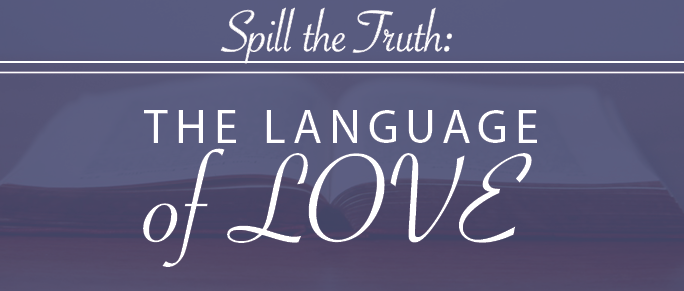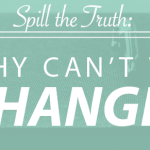If you haven’t read “The 5 Love Languages” by Dr. Gary Chapman, you should. It is one of my all-time favorite books.
In it, Dr. Chapman outlines five ways to express and experience love: acts of service, words of affirmation, gifts, quality time and physical touch.
Chapman argues that each of us has one primary and one secondary love language and that we should not use our preferred love languages, but rather the love languages that others are most willing to hear.
Without divulging what my primary and secondary love languages are (although they wouldn’t be hard to guess), I will say that I have spent my career showing leaders how to communicate that they care about the people in their personal and professional lives.
Unfortunately, we’re human and emotions run high. So when someone mistreats us or questions our character, we tend to go for the throat. It’s not easy, but it is possible to use language that demonstrates love—even when dealing with the meanest people.
All you have to do is stick to this golden rule: Ignore your feelings and do what’s right. For example:
- If somebody sends you a nastygram, cool your heels before responding.
- When name-calling commences, be positive, or at least neutral, about the person in question.
- Passionate about an issue? Great. Just don’t stoop to hate speech. It’s very much in vogue, but it can ruin your reputation.
- In everyday conversation, steer clear of emotionally charged words like “stupid,” “failure” and “rude.” You’ll be less likely to use them in a conflict.
- If you’re hurt, write a message to the offending party. But before you send it, revise it until it’s a message you would want to receive if the tables were turned.
- When someone you know feels blue or vulnerable, support them with life-affirming words. Tell them they matter. Be specific about how the world would suffer if they didn’t exist.
Remember: Love makes the world go round. And when you use the language of love, people work harder, gain greater purpose and go to bat for you more often.







